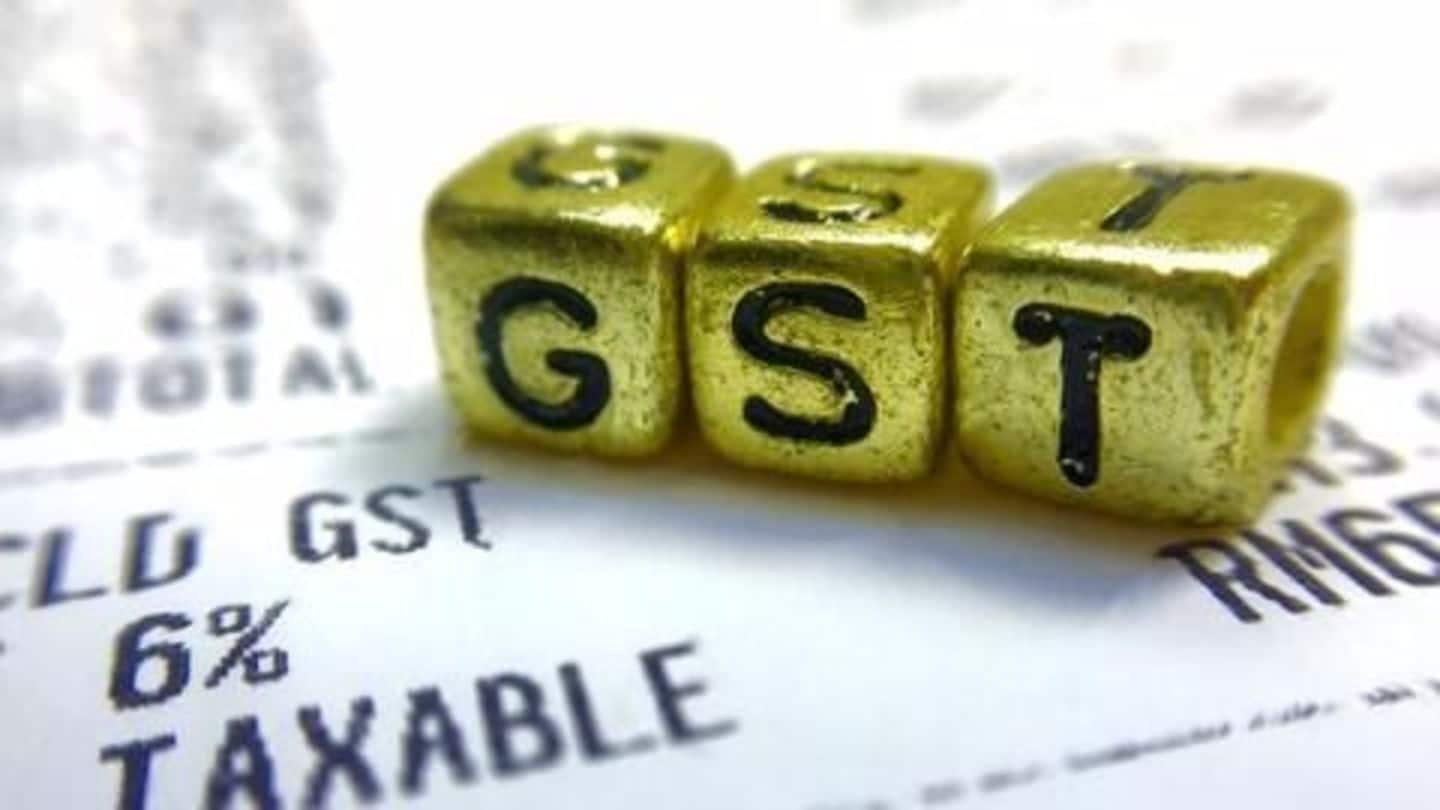
GST state ratification: Bihar follows Telangana, passes GST legislation
What's the story
As the centre gears up to roll out Goods and Services Tax (GST) on July 1st, Bihar became the second state after Telangana to pass laws creating the legal framework for implementing the four GST bills.
The Bihar GST Bill, 2017 and the Bihar Taxation (Amendment) Bill were passed at a special sitting of both houses of the Bihar Legislative Assembly on Monday.
Background
Why are the bills being passed now?
Centre introduced the four GST bills in the Parliament in March. The Bills have been passed in the Parliament and secured President Pranab Mukherjee's assent. However, they need to be ratified by 29 state legislatures in order for it to implement the unified structure.
States including Kerala and Meghalaya have expressed their opposition in the past on sharing administrative powers with the centre.
About
What are the GST Bills?
Termed "India's largest indirect tax reform since 1947", GST Bills include, the Central GST Bill, the Union Territory GST Bill, the Integrated GST Bil and GST Compensation to States Bill.
GST implementation intends to avoid effects of multiple taxation in different stages including manufacture and transport, reducing the consumer's monetary burden.
It subsumes various central and state levies, unifying India as a single market.
Details
Nitish Kumar expresses undying support for GST
Bihar CM Nitish Kumar noted that his government's support for the cause of GST has remained unaffected by the change of government at the centre. He further noted he had held of proroguing the houses after the budget session in order to pass GST laws.
BJP opposition leader Prem Kumar and commercial taxes minister Bijendra Prasad Yadav appreciated CM's effort to push GST implementation.
Benefits
How could GST benefit Bihar?
BJP leader Sushil Kumar Modi notes, "Bihar will be the biggest beneficiary of GST".
GST would cut down on losses from effects of cascading taxation resulting in expanded revenue, benefiting both centre and states. It would further bring in transparency, reducing chances of evasion.
While initial confusion is expected small businessmen and the poor are purported to gain in the long run.